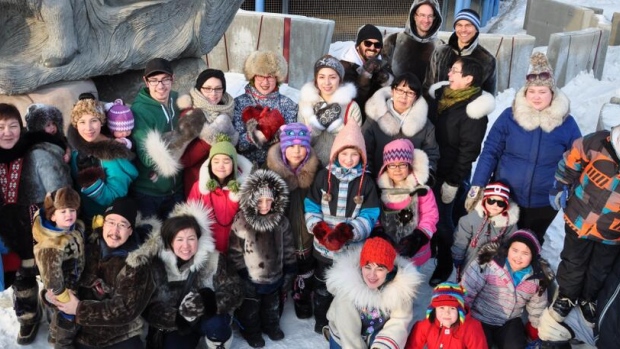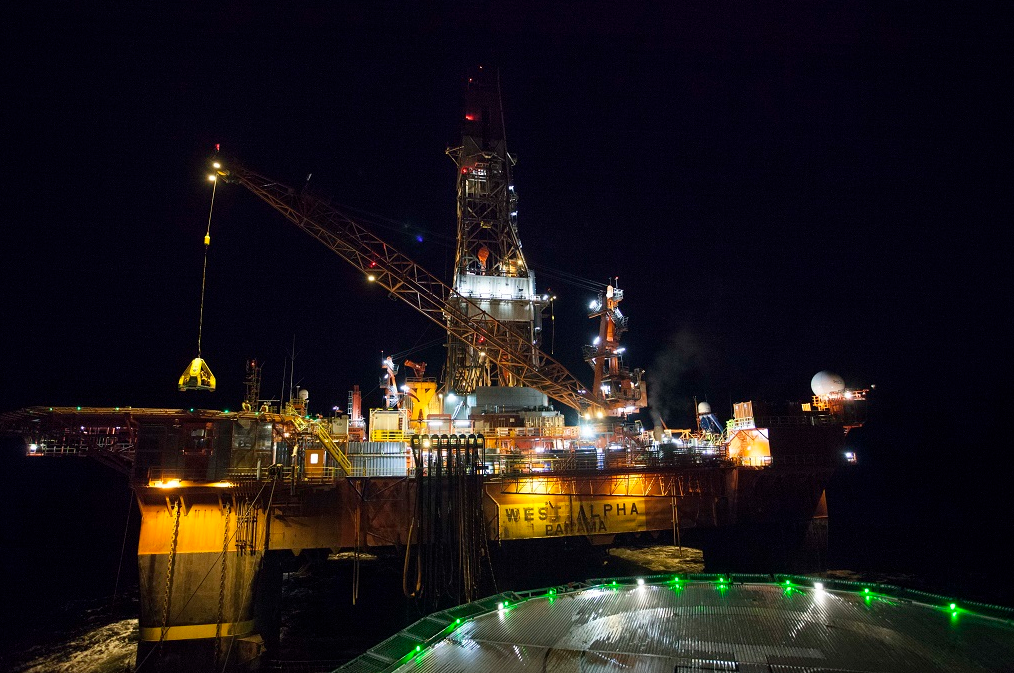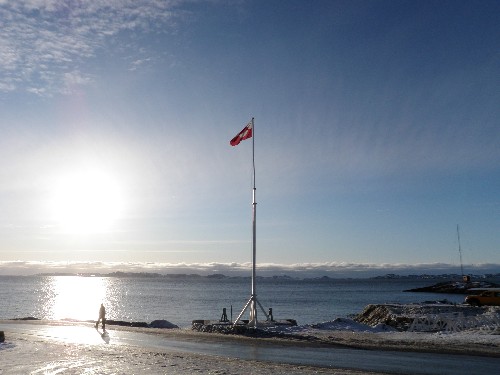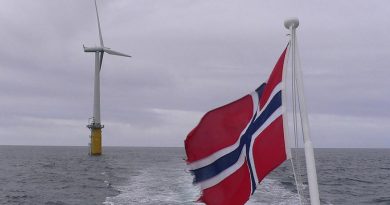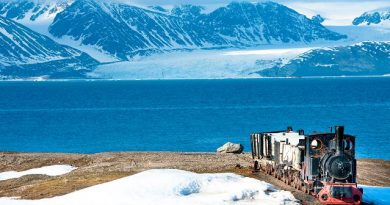Politics, media misinformation and #sealfie – 2014 Arctic Year in Review (Part 2)
With the year almost over, Eye on the Arctic continues its look at back at 2014 with some of our Eye on the Arctic experts from around the globe.
Last week in Part 1, we looked at the Arctic Council, indigenous issues and energy with Heather Exner-Pirot, managing editor of Arctic Yearbook.
Up today in Part 2, we talk politics, media misinformation and #sealfie with Mikå Mered, a political analyst and CEO of Polarisk Group, a research and political risk consulting firm specializing in the Arctic and Antarctic.

Eye on the Arctic: How would you sum up Arctic news this year in just one word?
Mikå Mered: ‘Misinformation.’ Many people report on ‘The Arctic’ when they should actually talk about the ‘Barents Arctic,’ the ‘Alaskan Arctic’, ‘Nunavut’ and so on. There’s also a huge difference between offshore developments and onshore ones. There’s isn’t one Arctic, there are many. But that’s not something we see out there when we read coverage about Arctic issues.
What were the three most important Arctic stories of 2014?
1) Pobeda oil fields: That oil field was the one discoved by ExxonMobil and Rosneft in September off the Russian coast. For the first time oil could be struck offshore in the Kara Sea. It was a Russian-American joint-venture. Given what’s happening now between the West and Russia, this discovery will be key for the geopolitics of oil in the Arctic.
2) Greenland’s snap election: There was a misuse of public funds by the former Greenlandic prime minister Aleqa Hammond. That led to her fall and a snap election on November 28. If you talked to Greenlandic media or Greenlandic analysts, they predicted two or three weeks before the election who would win. If you talked to Danish specialists, most of them didn’t foresee the result. What I’m trying to emphasize here is that there’s a broadening gap between Greenland and Denmark, although they’re still part of the Danish realm.
3) #Sealfie Movement: The #HuntSealEatSealWearSeal‘ hashtag was a big thing in the first part of 2014. For once, people from the South could understand at a broad level what’s actually happening in the North and could hear the voices of the people in the North. So the #sealfie movement was one of the key things in the North American Arctic for 2014 and one of the most importation cultural features this year.
What was the most overlooked northern story or issue of 2014?
1) Poor Northern Sea Route season: Compared to last year when there were 71 cargo ship transits, the numbers fell down to 23. The cargo tonnage decreased 75 per cent compared to last year. I’m not saying this decrease was triggered by geopolitics or by sanctions against Russia, there was just too much ice on the Northern Sea Route. This was poorly reported in the international media and even some Arctic media.
2) The Arctic Economic Council: This is a feature of the Canadian Arctic Council chairmanship but not a lot of people talked about it. It’s one of the first pan-Arctic forums for economic affairs. But beyond the Arctic community it didn’t get much traction.
3) Arctic Biodiversity Assessment: It’s a publication by the Conservation of Arctic Flora and Fauna (CAFF), a working group of the Arctic Council. They’ve done a seven year report to assess Arctic biodiversity. It’s more than 600 pages and nobody talked about it. Actually, it’s some of the best work the Arctic Council has produced so far.
What will you be watching for in 2015?
1) Russia’s submission to the Commission on the Limits of the Continental Shelf: Canada, Russia and Denmark are competing for claims to the North Pole and this is an important feature of Arctic politics. So when Russia submits its claim to the UN in March 2015 , this will be something to watch for.
2) General elections in Finland, Sweden and Canada: If there’s change in governments, those states’ Arctic policies could change as well.
3) EU’s first official Arctic Strategy: What’s going to be tricky is to see the response of EU member states that are Arctic countries: namely Finland, Sweden and Denmark.
The above Q&A has been edited and condensed.
Listen to the full Eye on the Arctic feature interview with Mikå Mered below:

